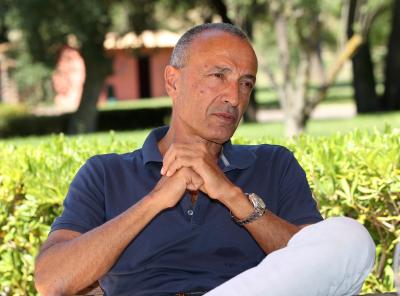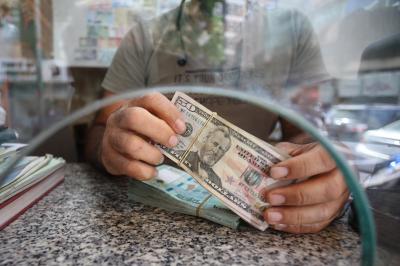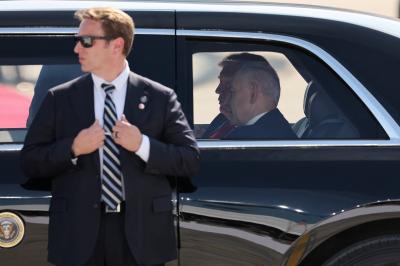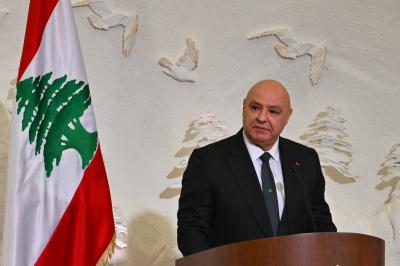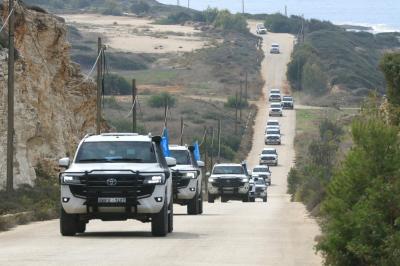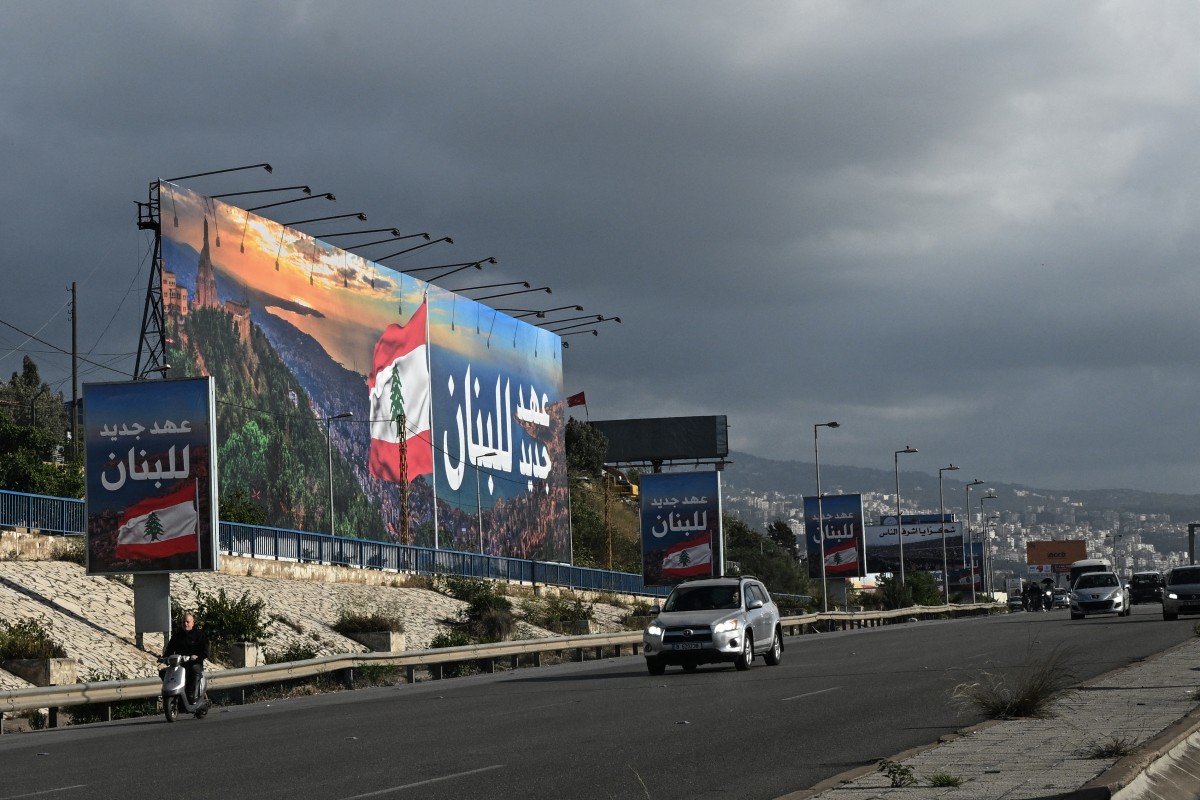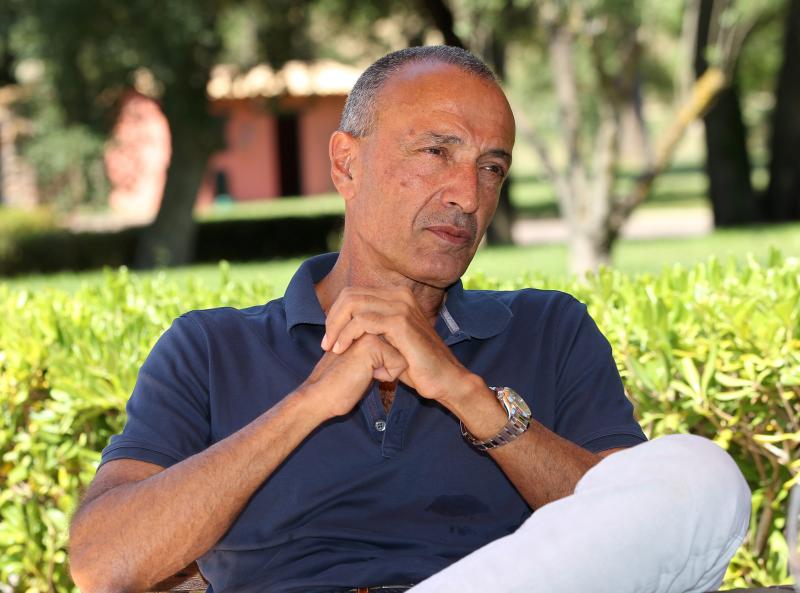When trust breaks down or is shaken between two individuals, two regions, two parties, or two sects in Lebanon, restoring and reviving it requires concerted efforts, multiple phases, and tested procedures to ensure credibility and continuity.
This is exactly the case today regarding the restoration of trust between Arab states, particularly the Gulf countries, and Lebanon, following years of eroded confidence in the Lebanese authorities. This erosion dates back at least to the aftermath of the 2006 July War and the 2008 armed takeover of Beirut and parts of Mount Lebanon by Hezbollah and its allies. Yesterday marked the 17th anniversary of that incursion, which fractured trust among Lebanese themselves and severely damaged Lebanon’s relations with the Arab world and the international community.
This heavy legacy of suspicion, doubt, and estrangement must be addressed and overcome through a decisive break from the past. That includes abandoning the former approach of submitting to the status quo and relinquishing the state's sovereign authority, either under the pretense of state weakness or based on the outdated notion of “managing disagreements” with armed groups.
There is little doubt that the envisioned "new Lebanese state," under the leadership of President Joseph Aoun and Prime Minister Nawaf Salam, possesses both the will and the determination to move beyond the period of Arab and international caution. Practical steps have already begun to regain lost trust, from Beirut airport and its access routes to improving hospitality protocols, securing tourist sites, and enhancing accommodations. Gulf ambassadors have been briefed on the security, administrative, and logistical measures already implemented.
Furthermore, the President has taken it upon himself to rebuild confidence in these nations. He has already visited Saudi Arabia, the UAE, Qatar, and Egypt, and will soon visit Kuwait. These visits come with the promise that past incidents—like the “Abdali Cell” affair in Kuwait, Lebanon’s implicit support for the Houthi war on Saudi Arabia, or past insults, accusations, and threats directed at Arab leaders—will not be repeated.
The cornerstone of confidence-building measures lies in their sustainability and consistency. Trust must not be vulnerable and subject to unpredictable outbursts from illegal weapons holders, sectarian or political hatred, or rogue security incidents, such as the two recent missile launches from north of the Litani River—or to renewed glorification of violence and the sanctification of arms.
The recent handover by Hamas of certain wanted individuals aligns with the state’s effort to reassert its sovereignty. This step is expected to be followed by efforts to control weapons inside Palestinian refugee camps, particularly during President Mahmoud Abbas’s upcoming visit to Beirut on the 21st of this month.
From a security and sovereignty perspective, disarming Palestinian factions is inseparable from dealing with other illegal weapons, most notably Hezbollah’s arsenal. Both fall under the same umbrella of the "Axis of Resistance" and the hollow slogan of “unity of fronts.” Although dismantling Hezbollah's weapons may take more time and involve more complex arrangements, especially given its direct connection to Tehran and the fate of the U.S.-Iran negotiations, it remains a crucial objective.
If developments in Yemen serve as a benchmark for Iran's regional strategy, then Tehran’s willingness to abandon its proxy forces is no longer mere speculation. In recent days, the Houthis in Sanaa—battered by intense strikes—have begun to seek American engagement at Iran’s behest (in a bid to appease Washington and seek concessions). While former President Trump dismissed this as surrender, the Houthis continue their attacks on Israel, clinging to the futile illusion of separating their cause from that of their Iranian backers.
This detour into the Houthi impasse is directly linked to the fate of Hezbollah’s arsenal, which is likely to mirror that of the Houthis. Iran has already begun offering concessions in its negotiations, contrary to what its proxies in Lebanon claim about talks being limited to the nuclear file and not involving Tehran’s regional influence or missile program.
It is no exaggeration to say that fully restoring enduring Arab and international trust in Lebanon is inextricably tied to the fate of Hezbollah’s weapons. While Gulf tourists may return this summer to test the effectiveness of state measures, long-term Arab tourism—and genuine, sustained confidence—require a definitive end to the sources of fear and instability.
Beyond tourism and its seasonal revenues lies the crucial issue of financial aid, essential for reviving institutions, implementing reforms, and rebuilding the country. Such aid is contingent on the complete liberation of the state from the pressures of illegal weapons and the outdated pretext of needing a “resistance” force to deter Israel.
True and lasting stability in Lebanon hinges on the state’s ability to fully assert its legitimate authority and enforce it across all territories and communities under the foundational principle of a state monopoly on arms. This must become a tangible, on-the-ground reality—not just a phrase in speeches or legal texts—so that the Cedar Nation can renew its genuine belonging to both Arab and international legitimacy, and once again open a path toward dignified national life.
Please post your comments on:
[email protected]
 Politics
Politics
